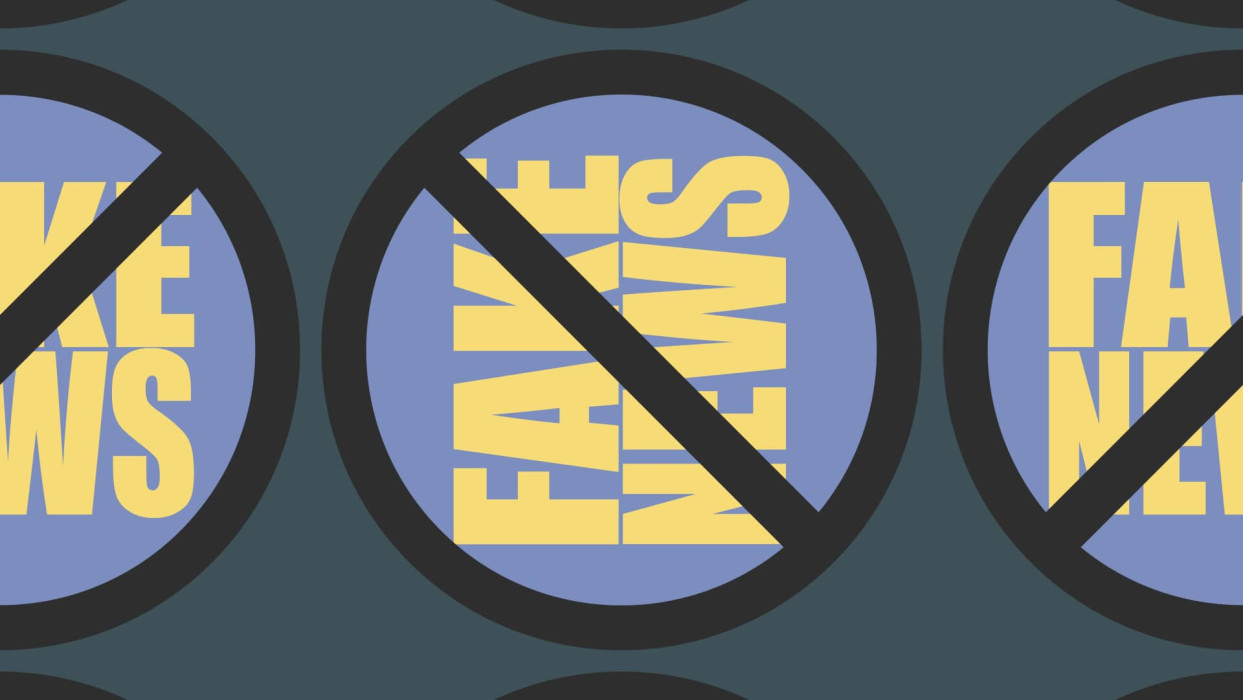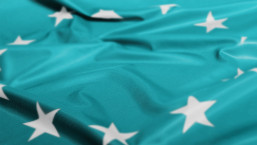The Russian invasion of Ukraine has led to a torrent of fake news, misinformation and disinformation being spread on social media. The fabricated, manipulated and otherwise false and misleading content and narratives reach a global audience and disseminate potentially dangerous falsehoods about the very real horrors of the war.
The baseless claims range from images, social media posts and entire news stories about celebrities supposedly fighting in the war to old and unrelated footage that purports to pertain to the conflict, all the way to images "proving" that the war itself is a hoax.
How can you tell fact from fiction and ensure you don't, albeit inadvertently, disseminate fake news about the war?
Watch the video to learn:
- What are some of the many misleading news stories and falsehoods that are related to the war and circulate on social media?
- What kinds of narratives do these fabrications push?
- How can you recognize misleading information when you see it?
- When can a healthy dose of skepticism about what you read or watch, especially on social media, help?
- What to do if you're in doubt about the veracity of an image or news article?
- How can you ultimately help curb the spread of fake news?
RELATED READING:
Deepfakes – the bot made me do it
Don’t feed the trolls and other tips for avoiding online drama
Deepfakes: When seeing isn’t believing
CYBERWARCON – Foreign influence operations grow up





